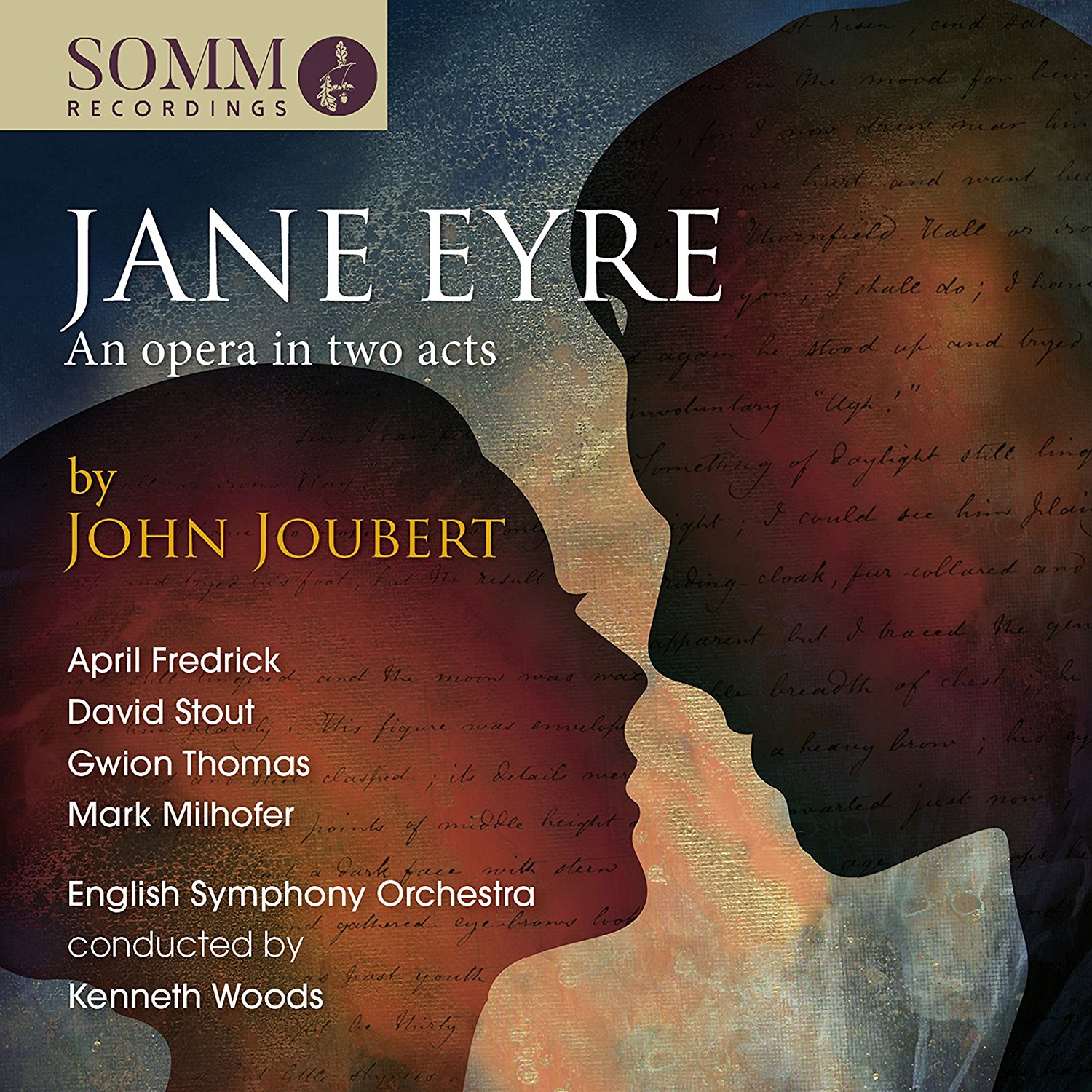 John Joubert: Jane Eyre April Frederick, David Stout, English Symphony Orchestra/Kenneth Woods (Somm)
John Joubert: Jane Eyre April Frederick, David Stout, English Symphony Orchestra/Kenneth Woods (Somm)
This is the second Brontë opera to have come my way in the past year; Carlisle Floyd’s Wuthering Heights is now joined by this involving adaptation of Jane Eyre, composed between 1987 and 1997 by John Joubert, born in South Africa but a British resident since 1946. He's still musically active, and this live recording was made at a performance given in Birmingham last October, now released to celebrate Joubert’s 90th birthday. An extended interview included as a bonus on the second disc is worth hearing before listening to the opera; a sprightly Joubert describes his influences and reveals that 45 minutes of the opera were cut for this première performance. Which must have been the right move, as there's not an ounce of fat in this opera, Kenneth Birkin’s libretto a savvy, succinct distillation of the novel’s central love story. Joubert’s music is unashamedly tonal. He writes singable tunes. And, much as I enjoy a spot of bone-crunching dissonance, I loved this score. There’s a rapturous duet at the close of Act 1 that's extraordinarily affecting, made all the more so by the way in which Joubert ends the scene: April Frederick’s Jane and David Stout’s Rochester asserting that “to be alive, today, is wonderful, wonderful…” to music of incredible delicacy and sweetness.
It can't last, of course; Joubert’s immaculately choreographed wedding scene is interrupted by Andrew Mayor’s Briggs, and to repeated shouts of “Bigamy!”, things fall apart, Joubert’s debt to Britten at its most overt. Though the chilliness evident in much of Britten’s music is rarely felt, and the opera’s hushed, radiant close is delicious. That this performance is so convincing is due to several factors. It really does feel like a labour of love, and one of those rare occasions when everything clicks. Conductor Kenneth Woods secures exemplary playing from a slimmed-down English Symphony Orchestra, and his fresh-voiced cast give their all. Somm’s sound is well balanced and the audience are commendably quiet, though the fullsome applause at the end of each act is deservedly retained. There’s a full libretto, and Woods analyses Joubert's music in an unfussy, approachable manner. A real find, and a work which deserves a theatrical staging.
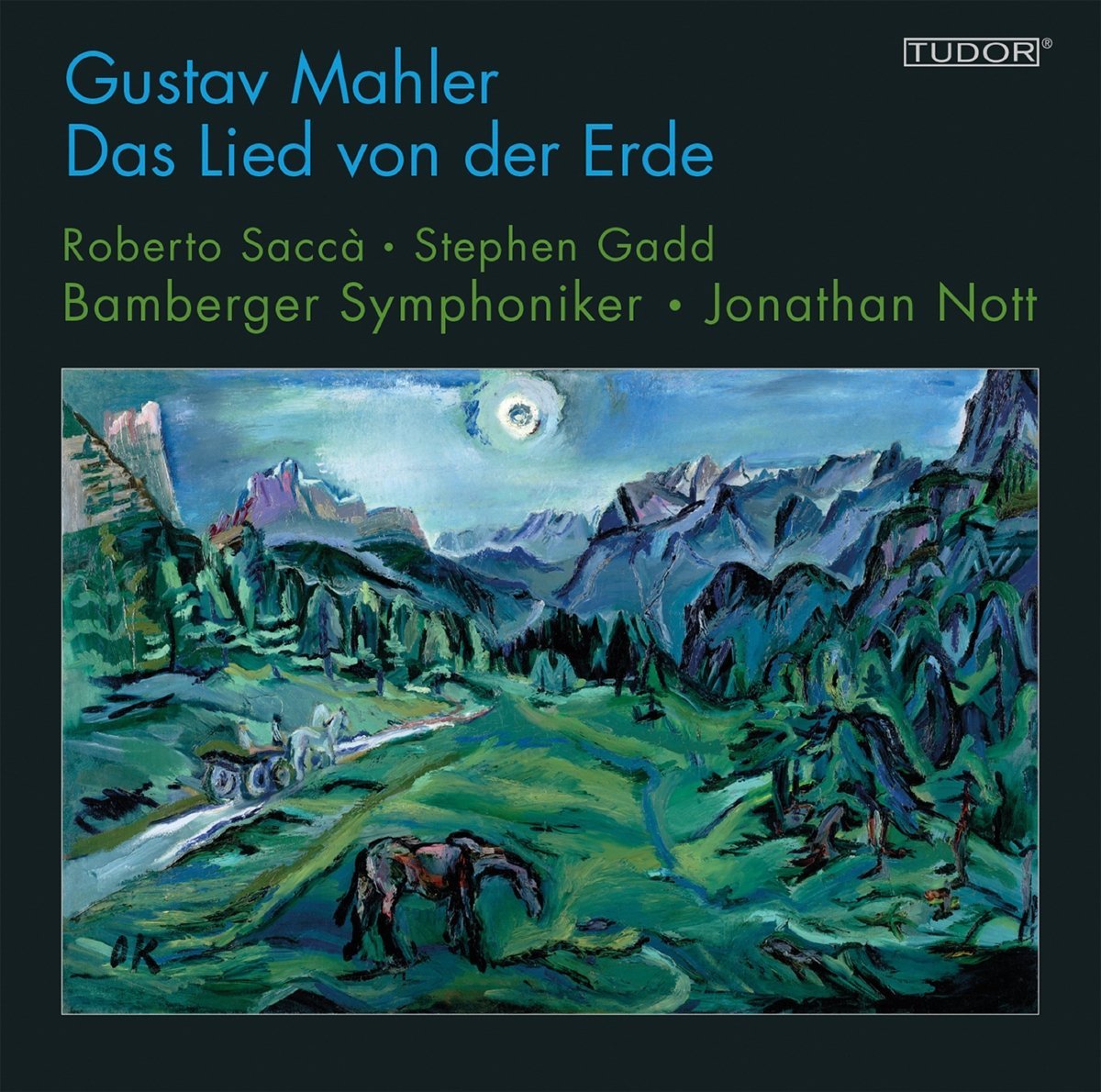 Mahler: Das Lied von der Erde Roberto Saccà, Stephen Gadd, Bamberger Symphoniker/Jonathan Nott (Tudor)
Mahler: Das Lied von der Erde Roberto Saccà, Stephen Gadd, Bamberger Symphoniker/Jonathan Nott (Tudor)
This isn't the only new Jonathan Nott version of Mahler’s Das Lied von der Erde; Sony have just released a version where all six songs are sung by tenor Jonas Kaufmann. That disc is a fascinating misfire, though Kaufmann deserves credit for sheer bravery. You need a pair of contrasting voices in this work, and the more famous versions cast a tenor and alto. Or a tenor and baritone, as with a famous Bernstein LP from the 1960s. Neither of Nott’s singers on this Tudor disc are household names yet, but that shouldn't dissuade anyone. The orchestral playing is as refined as you'd expect from this source, and this is a studio recording made over several days, meaning that the singers don’t sound exhausted as the work progresses. Tenor Roberto Saccà doesn't disappoint in "Das Trinklied", his tone alternately honeyed and fierce, and there’s a very human weariness to his final “Dunkel ist das leben, ist der Tod” before Nott’s loud A minor thwack. "Von der Jugend" hits just the right tone, Nott’s pentatonic chirpings utterly irresistible.
Baritone Stephen Gadd’s contribution really hits its stride in "Von der Schönheit", the fast middle section sung with athletic swagger. And any performance of this work has to be judged on how "Der Abschied" is handled. Nott knits things together beautifully, Gadd wonderful in the bittersweet “Ich sehne mich, O Freund” 12 minutes in. Nott gives the funeral march’s reprise exactly the right weight. The fade is marvellous, Gadd’s repeated farewells deeply moving. Grand stuff, and how good to have a booklet where the texts can be read without a magnifying glass. Tudor’s sound is of demonstration quality – the tam tam and low harp notes are spectacular. Buy this, along with Nott’s remarkable Mahler symphony cycle.
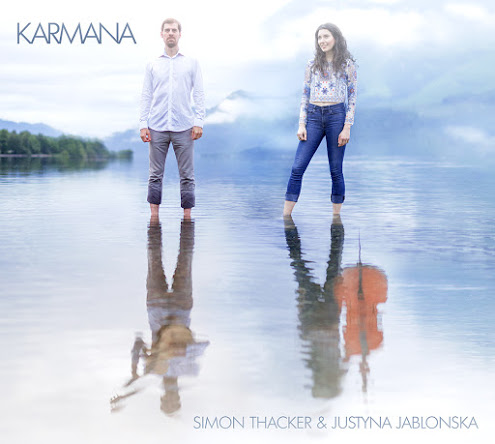 Simon Thacker & Justyna Jablonska Karmana (Slap the Moon Records)
Simon Thacker & Justyna Jablonska Karmana (Slap the Moon Records)
This disc is a collaboration between Scottish guitarist and composer Simon Thacker and Polish classical cellist Justyna Jablonska is an eclectic mixture, taking in a mixture of Scottish, Indian, Spanish and Balkan influences. It's far more than a collection of new age noodlings, and this isn’t a bland crossover disc. Thacker’s strength lies in his ability to flip between genres. You hear this in the opening suite Karmana, whose six movements effortlessly mingle Latin and Asian influences. Thacker describes one section as inspired by the image of a snake biting its own tail, suggested musically by having guitar and cello chasing one another for six minutes. Jablonska is outstanding, the two instruments a perfect match. Obyrtac is a Bartók-style realisation of an old recording of a Polish folk dance, and the pair are joined by singer and violinist Masha Natanson in an engaging, virtuosic arrangement of a Roma song, La Cáciuma de la drum, the song translated as At the pub down the road. In it, “what is too much is not good”, and Thacker’s treatment is suitably concise.
There’s an extended, technically impressive version of a Gaelic lament beginning with recorded guitar notes played backwards, a very 60s-sounding effect. Overdubbing allows us to hear 25 guitars and seven cellos, though the effect is a little overwrought – singer Karine Polwart’s poignant vocals provide the most affecting moments. The closing Aruna teams Thacker and Jablonska with tabla player Sarvar Sabri. All quirkily magnificent – an offbeat treat.




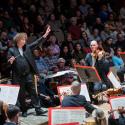
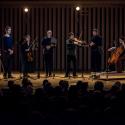
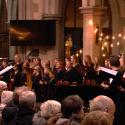
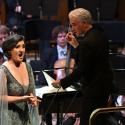





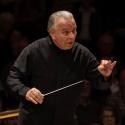
Add comment